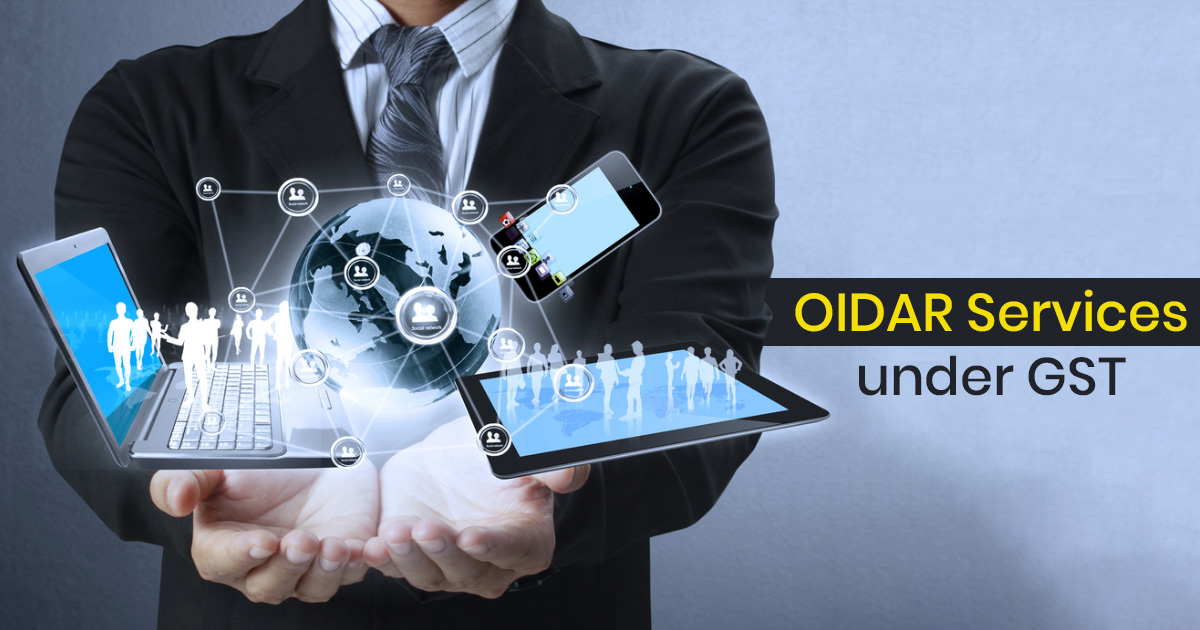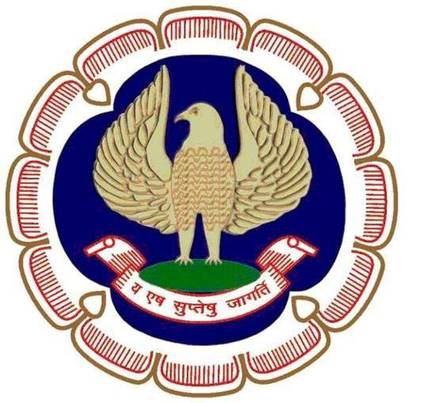The Karnataka Appellate Authority of Advance Ruling (AAAR) in its recent ruling in the case of NCS Pearson INC has ruled that IGST is applicable on online tests with minimum human intervention as it is classifiable as an Online Information Database Access and Retrieval (OIDAR) Service.
Facts of the Case:
- The applicant, NCS Pearson INC is an intermediary located in nontaxable territory and provides services of online exams or tests via electronic software to the nontaxable online recipients in India which he has classified into three categories.
- For activities mentioned under Type 1, the applicant is clear regarding the taxability and has approached the Authority only for Type 2 and Type 3 activities performed by them. Type 3 Tests are those tests containing a mixture of multiple-choice questions and analytical writing assessment section i.e. essay-based questions.
- For candidates from India, the test is taken at test centers in India at a computer workstation which is physically administered and supervised by an invigilator (proctor) as described in the type 2 test.
Ruling of AAR:
- The AAR in respect of Type 3 Tests ruled that since tests are scored after human intervention in type 3, it should be outside the purview of OIDAR and is exempted from paying Integrated Goods and Service Tax (IGST).
- However, The jurisdictional CGST officer reviewed the impugned order passed by the Authority and being aggrieved by the ruling passed with regard to Type 3 test, filed an appeal before AAAR.
Contention of the Revenue:
The revenue contended that the Type 3 test has all the ingredients of an OIDAR services and lower authority has erred in not classifying the same as OIDAR service.
Order of Karnataka AAAR: Deliberations and Ruling
- The definition of OIDAR has the following four essential ingredients all of which are required to be fulfilled for a service to qualify as OIDAR: a) The service is to be delivered over the internet or an electronic network. b) The supply of service is essentially automated. c) The service involves minimal human intervention, and d) The delivery of the service is impossible in the absence of information technology.
- Type-3 test is a mixture of Multiple-Choice Questions (MCQ) and essay-based questions; that MCQ’s and its evaluation falls under OIDAR service.
- Further, the essay-based questions are also evaluated by the algorithm without any human intervention, and the tentative marks are provided to the candidate immediately similar to Type 1 and Type- 2 tests.
- The only issue is that the evaluation done by the algorithm is validated through a human evaluator and only in case of a difference of more than 1 point, a re-evaluation is done by a different human evaluator; that the above fact shows that there is no human intervention in the basic evaluation done by the algorithm and it is only for the quality testing of the outcome that the human evaluation is brought into the picture.
- The candidate who is the service receiver has received a fully digitally provided service. When the type-3 computer-based test is viewed as a whole, the scoring done by the human scorer is to be regarded as being within the realm of minimum human intervention. As such the ingredient of ‘minimum human intervention’ required to classify the services as OIDAR is also satisfied.
In view of above deliberations the AAAR consists of D.P. Nagendra Kumar and M.S. Shrikar while allowing the appeal filed by the Principal Commissioner of Central Tax, Bangalore West Commissionerate and set aside the ruling given by the Authority for Advance Ruling with regard to the classification of the Type-3 test. The AAAR ruled that the service provided for the Type-3 test is classifiable as an OIDAR service.
Our Comments of GST on OIDAR Service:
In regard to OIDAR Services it is important to note that in cases where the supplier of such service is located outside India and the recipient is a business entity (registered person) located in India, the reverse charge mechanism would get triggered and the recipient in India who is a registered entity under GST will be liable to pay GST under reverse charge and undertake necessary compliances.
However in case the supplier is located outside India and the recipient in India is an individual consumer. For such cases the IGST Act provides that on supply of OIDAR services by any person located in a non-taxable territory and received by a nontaxable online recipient, the supplier of services located in a non-taxable territory shall be the person liable for paying integrated tax on such supply of services and accordingly it shall be required to obtain GST registration.
READ / DOWNLOAD ORDER:
***
[rainbow]Don’t miss the next GST Update / Article / Judicial pronouncement[/rainbow]
Subscribe to our newsletter for FREE to stay updated on GST Law
Resolve your GST queries from national level experts on GST free of cost.
Frah Saeed is a law graduate specializing in the core field of indirect taxes and is the Co-founder of taxwallah.com. She has authored many publications on GST and is into full-time consultancy on GST to big corporates. She as a part of taxwallah.com heads a team comprising of Chartered Accountants and Advocates and plays a key role in our mission to disseminate GST knowledge to all.



